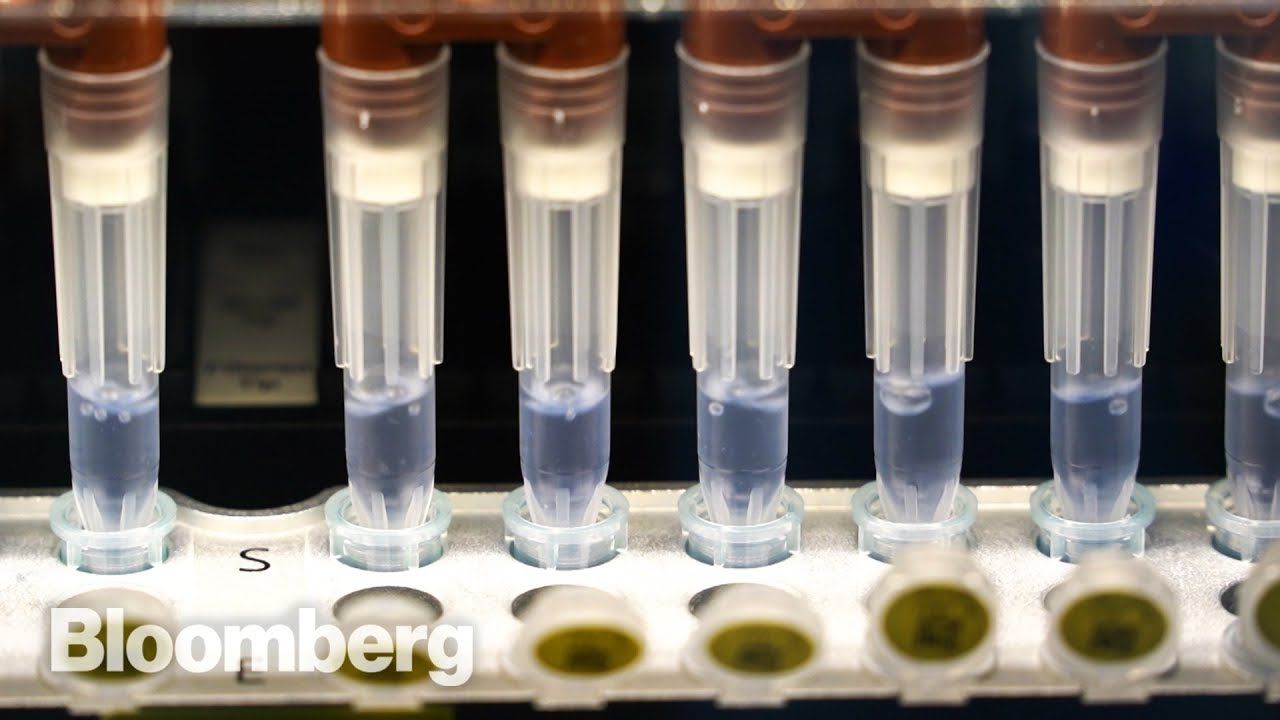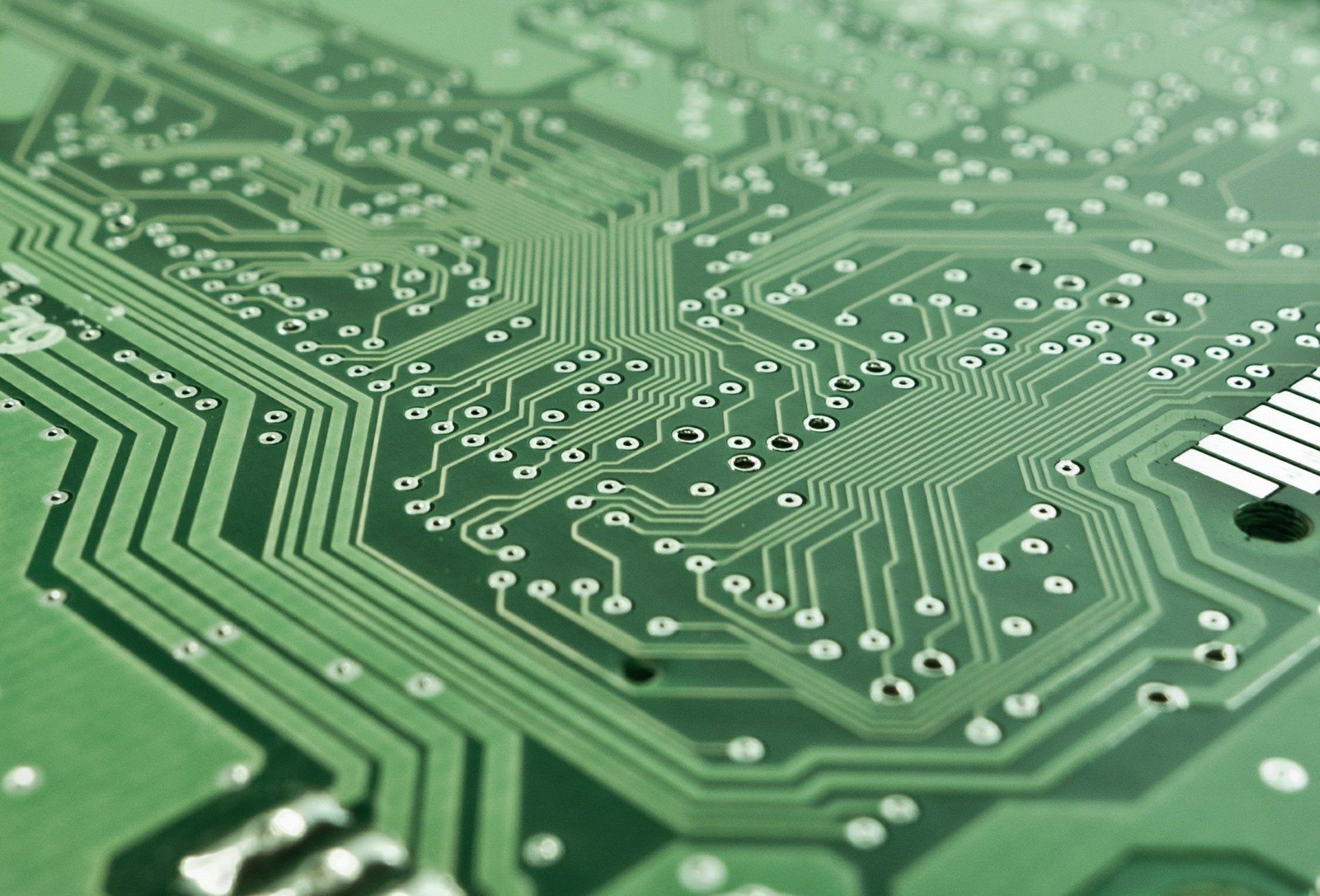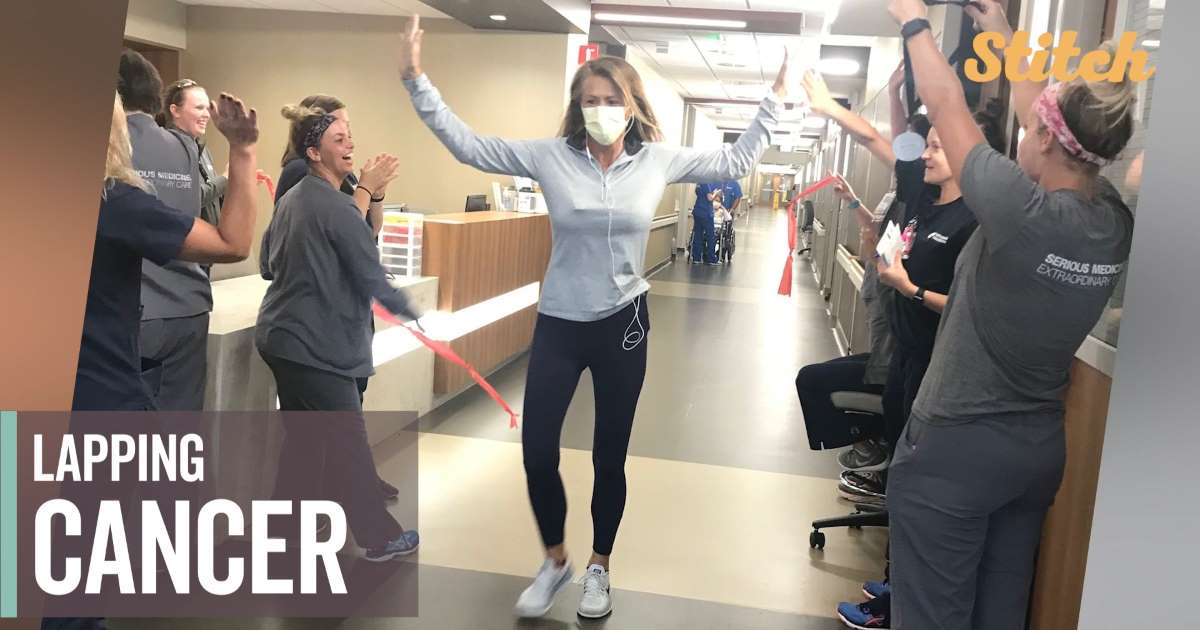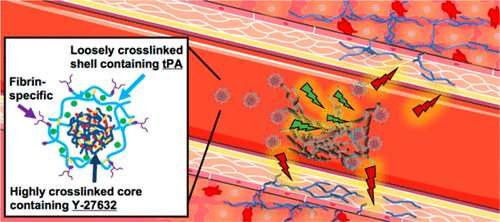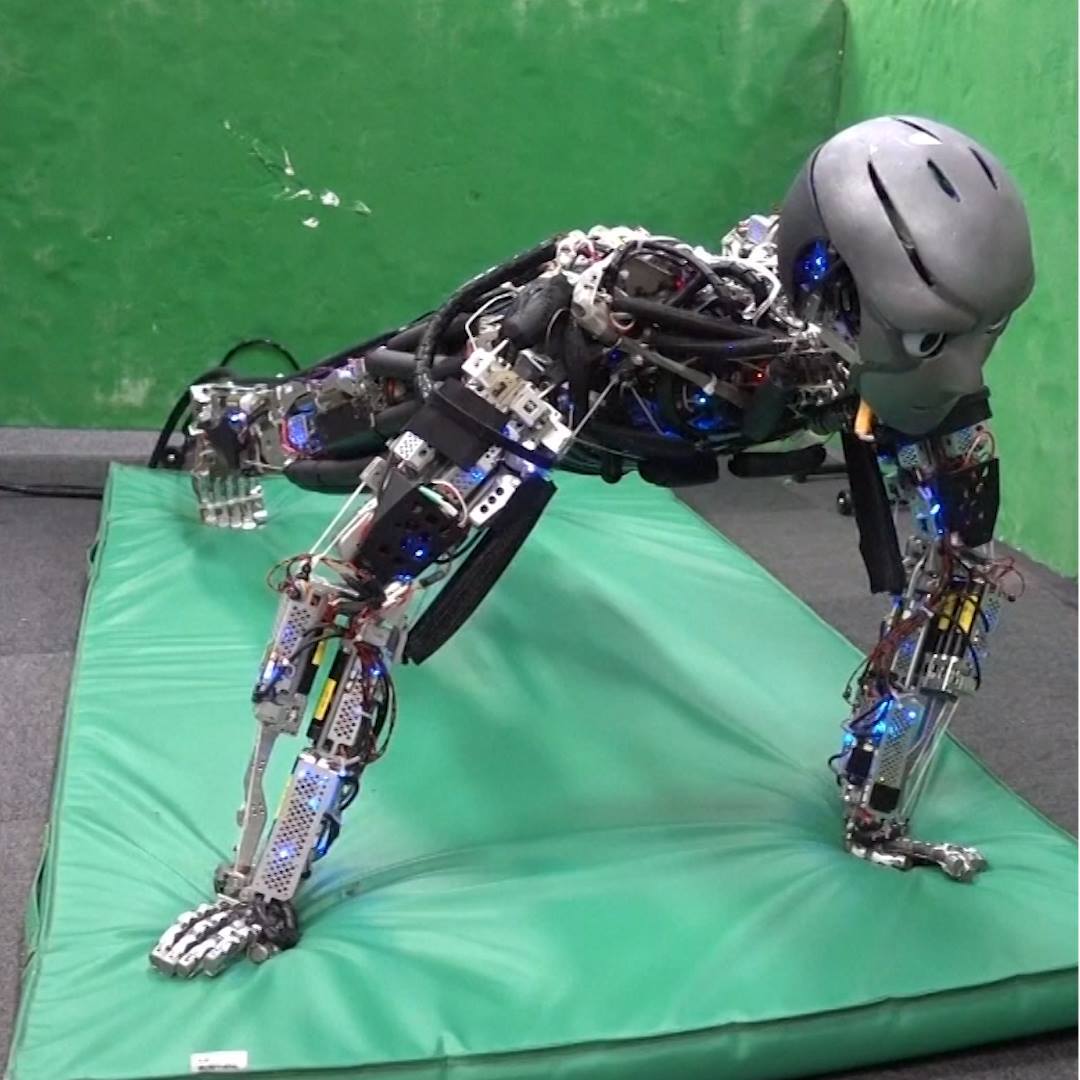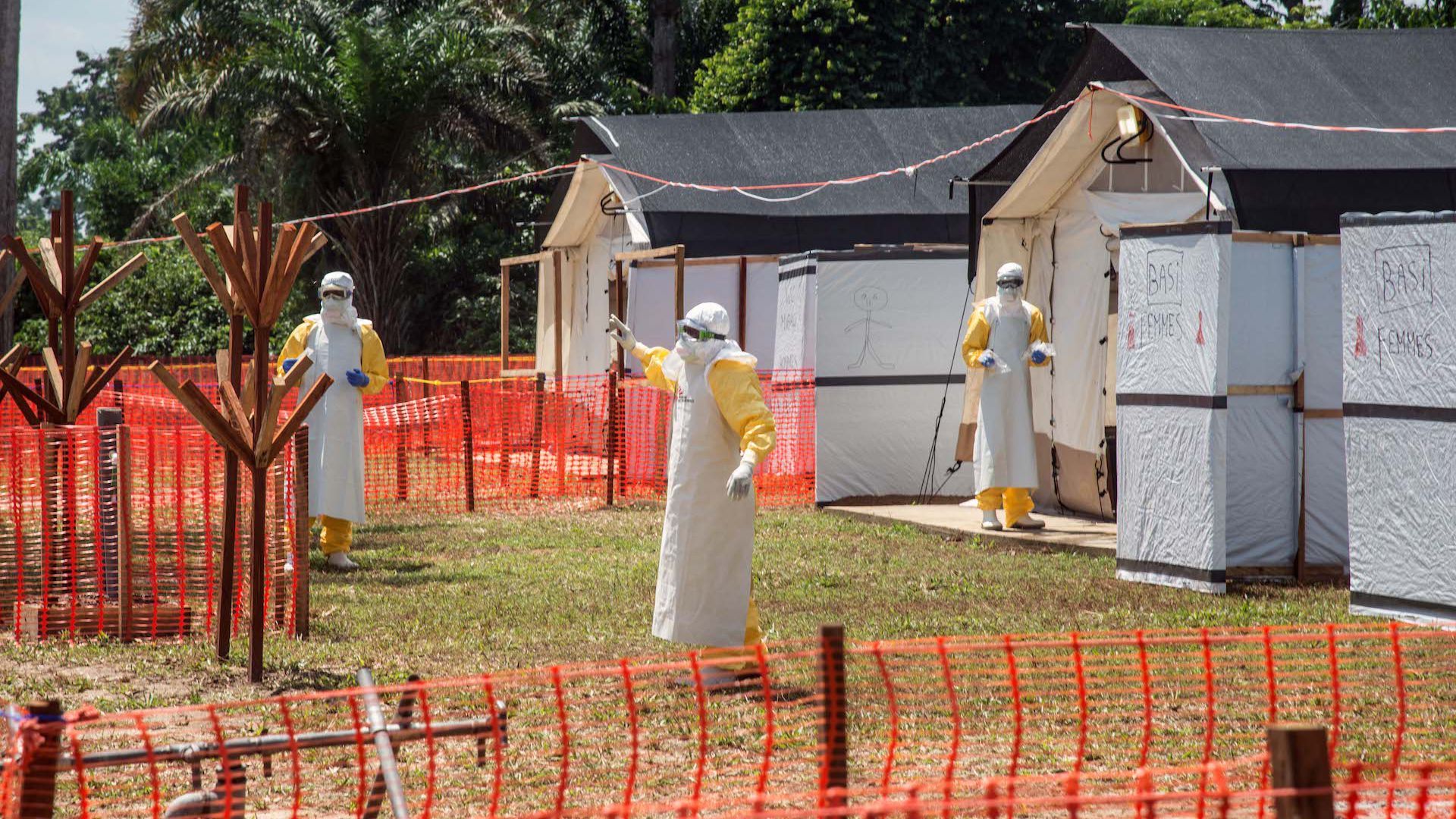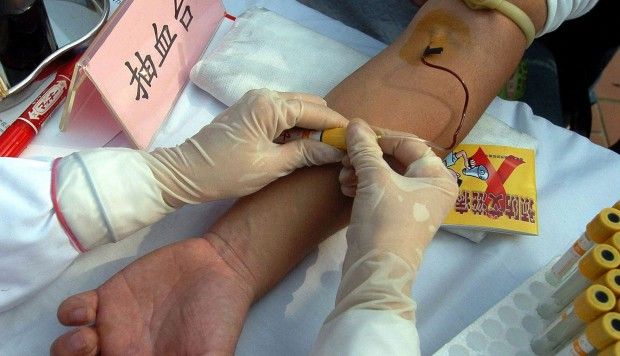Consumer DNA tests have taken off in popularity, promising to give you clues to your heritage and health. But after the test is done, who owns your personal genetic data? Bloomberg QuickTake explains why you should think twice before sending in that vial.
____
Bloomberg is the First Word in business news, delivering breaking news & analysis, up-to-the-minute market data, features, profiles and more: http://www.bloomberg.com
Connect with us on…
Twitter: https://twitter.com/business
Facebook: https://www.facebook.com/bloombergbus…
Instagram: https://www.instagram.com/bloombergbu…
Twitter: https://twitter.com/business
Facebook: https://www.facebook.com/bloombergbusiness
Instagram: https://www.instagram.com/bloombergbusiness/
